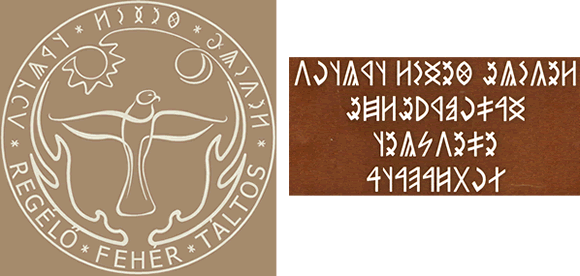The word ‘eolotthowghrhoighuay’ was devised by Alexander Ellis in 1845 to demonstrate the eccentric nature of English spelling. It’s supposed to spell ‘orthography’, and uses the eo from George, the ol from Colonel, the tth from Matthew, the ow from knowledge, the gh from ghost, the rh from rheumatic, the oi from Beauvoir, the gh from laugh, and the uay from quay.
Ghoti is a better-known example which is apparently spells ‘fish’, with the gh from tough, the o from women and the ti from nation. According to Wikipedia, it first appeared in print in 1874 and is credited to Willian Ollier, who used it in a letter in 1855, though it’s usually attributed George Bernard Shaw. Ghoti is also the word for fish in Klingon.
The trouble with both these words is that the letters or combinations of letters are not pronounced in these particularly ways when you take them from their normal positions. gh, for example, rarely appears at the beginnings of words, except in words like ghost.
You could spell fish ‘phoche’ (photo women quiche), according to this site.
